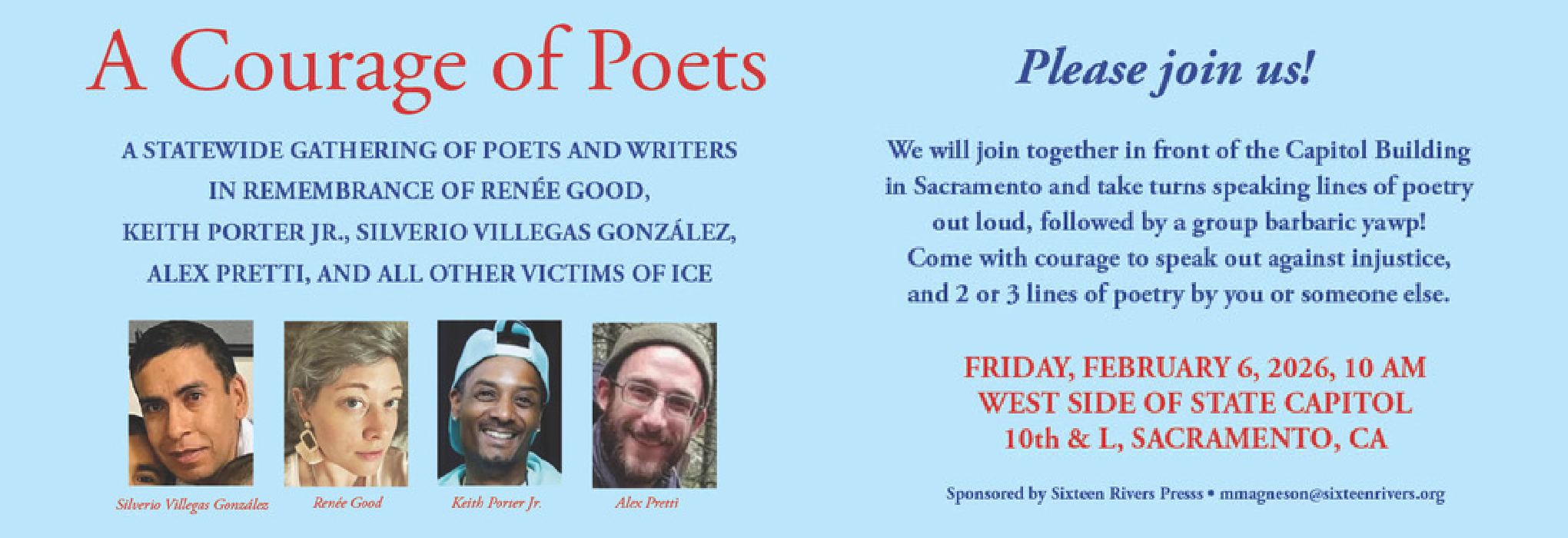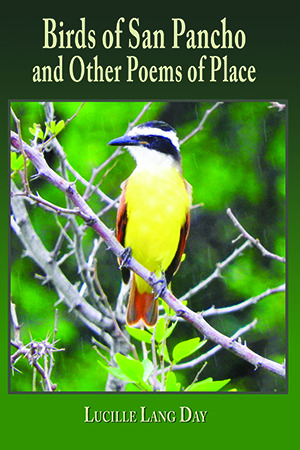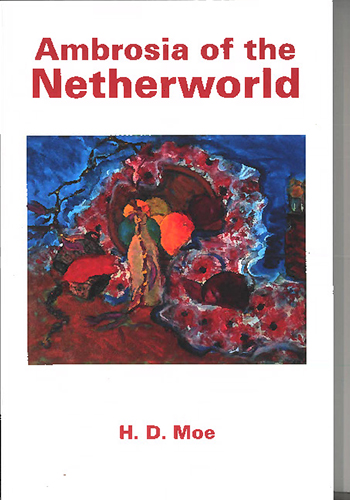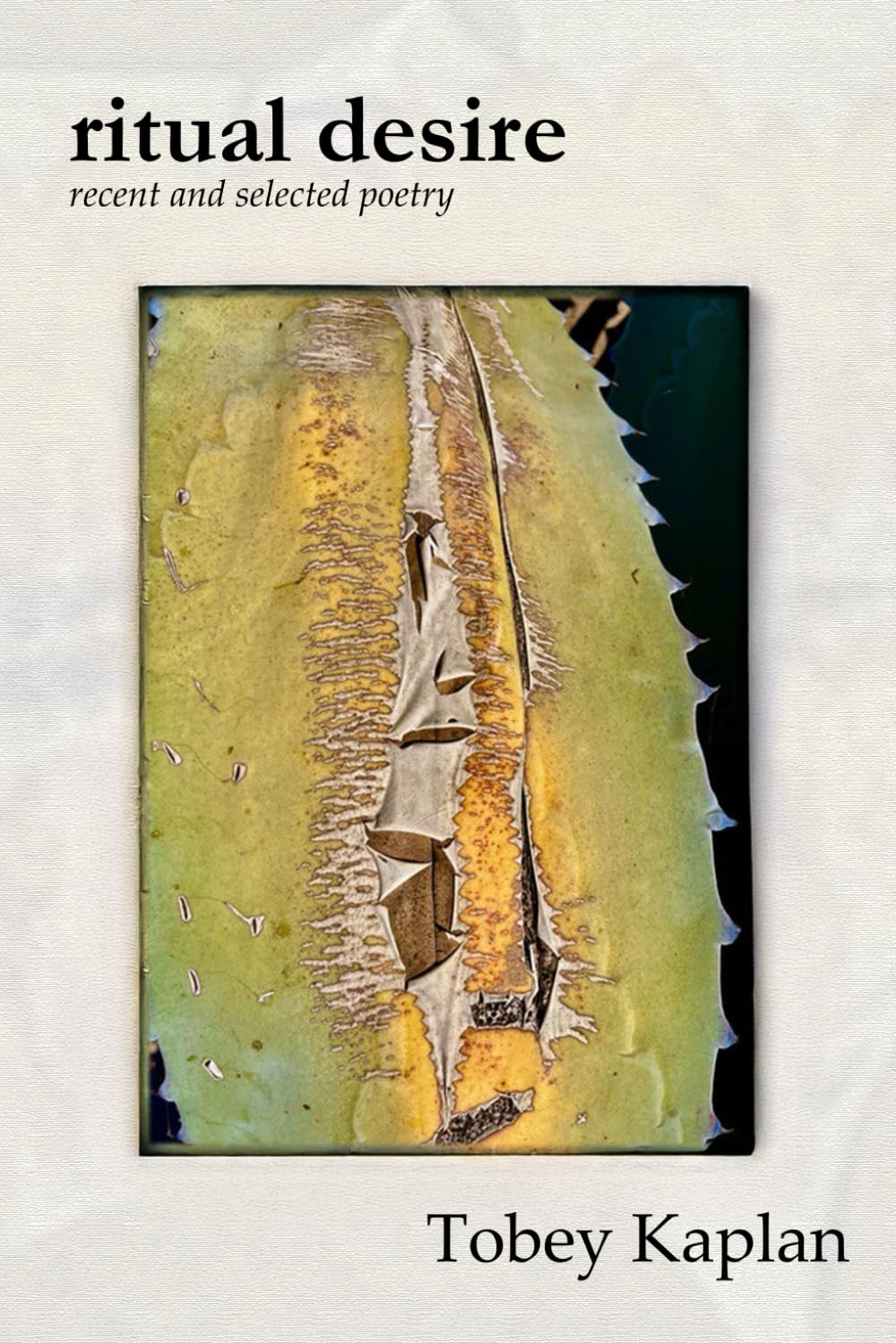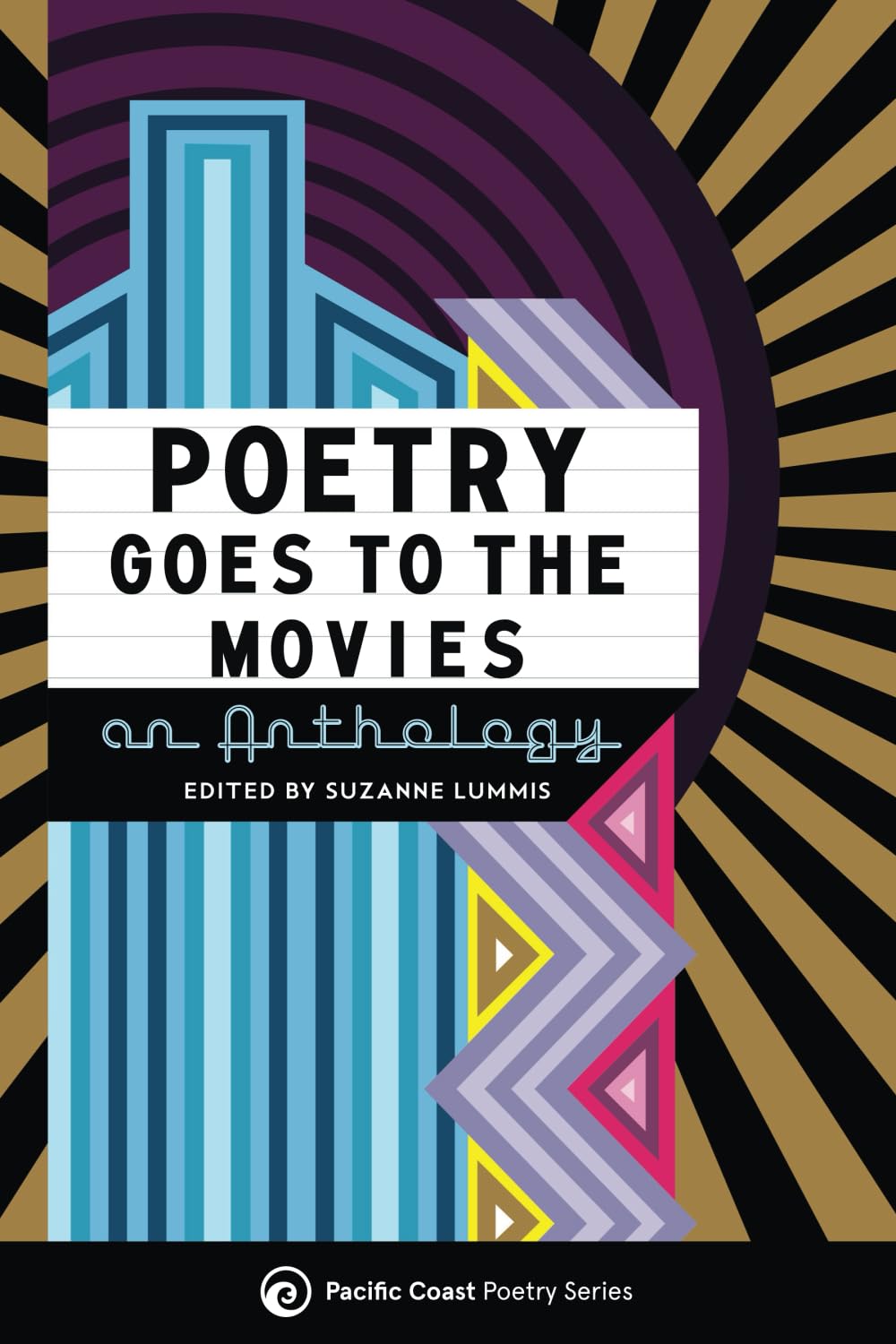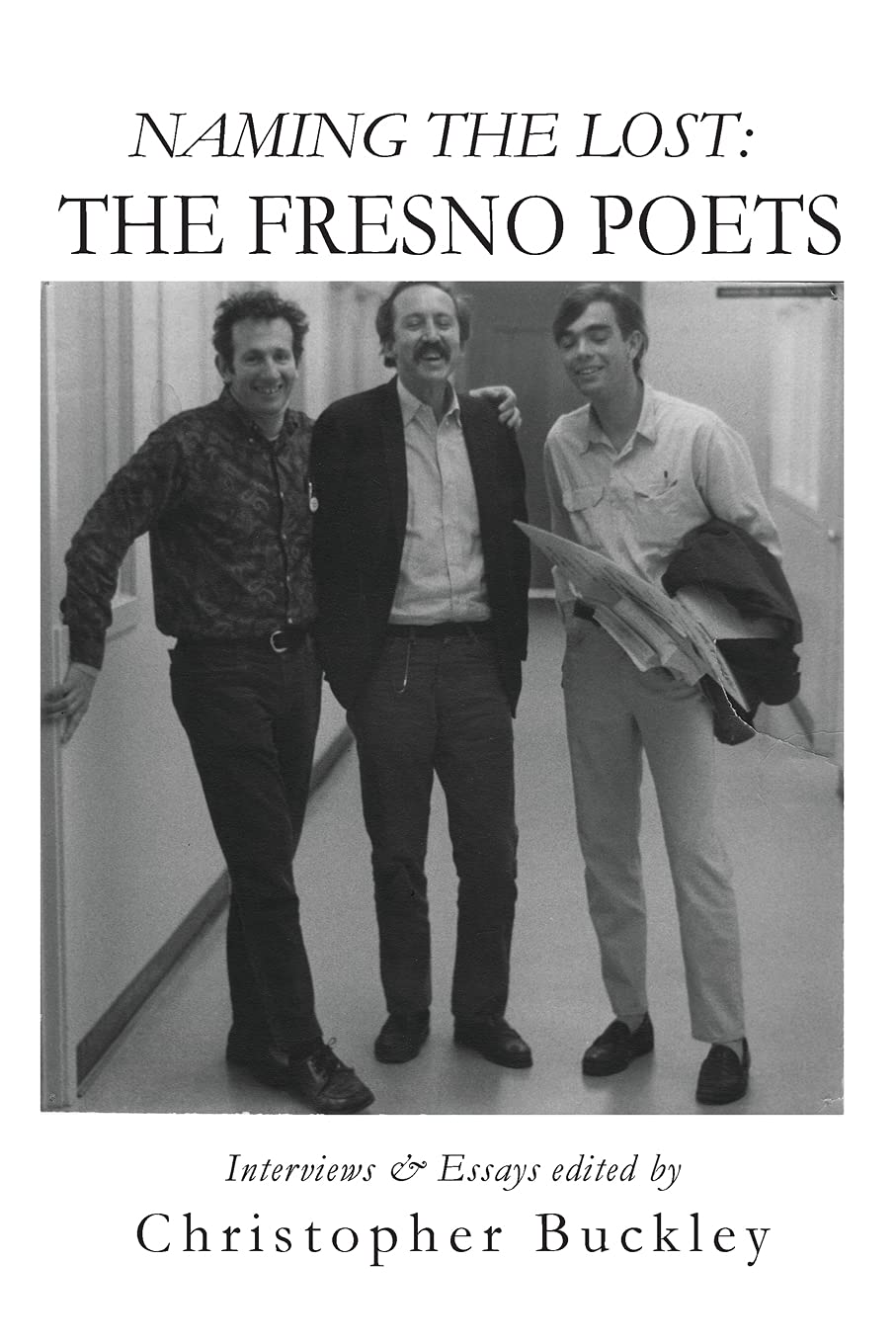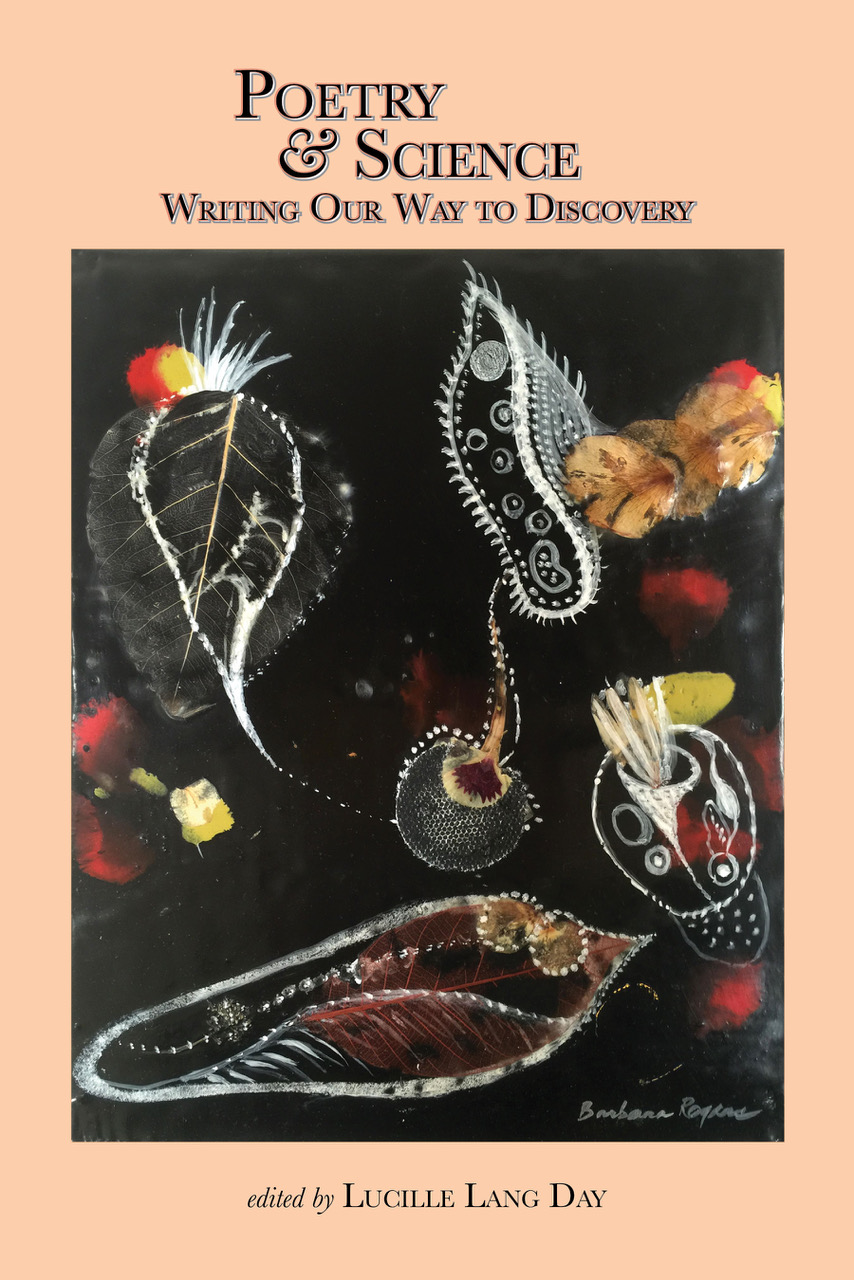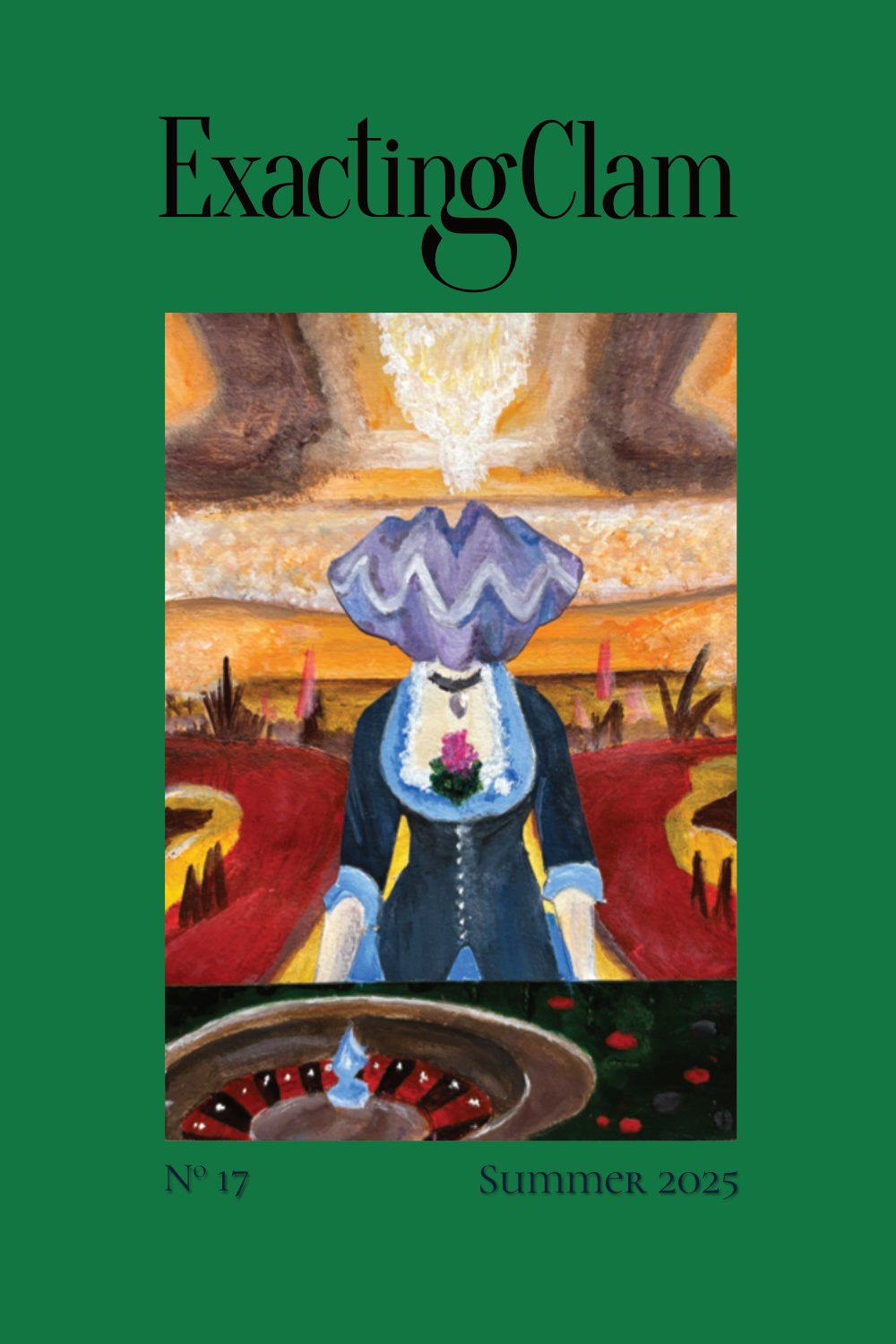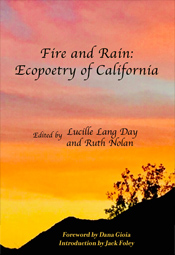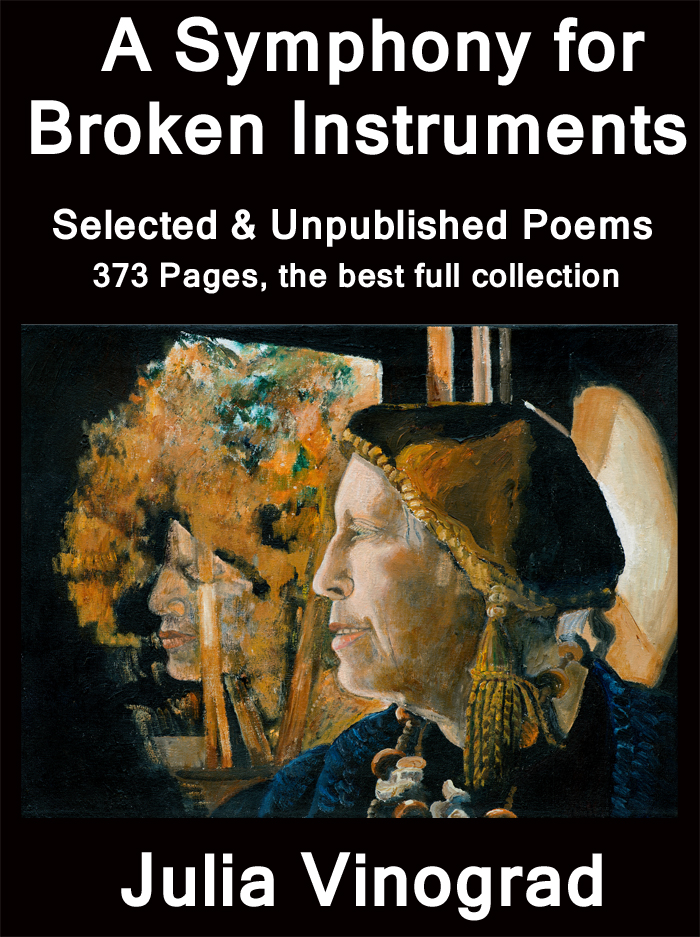POETRY AND HEALING
Who Has No Shadow Has No Strength to Live: "Faith" by Czeslaw Milosz
by David Shaddock
This regular column for Poetry Flash looks at poetry to illuminate issues relevant to health, mental health, and coping with our lives today.
ONE THING AFTER another for the past two years. Trump, Covid, climate catastrophes. And now the war in Ukraine. My mother was born in Poltova, south of Kiev. She escaped pogroms as a young child, fleeing in steerage to Canada. Studies in the transgenerational transmission of trauma have shown how it affects the children of survivors. This seems true for me as the images of the war evoke nightmarish memories that I could not personally have had.
Looking for a poet to offer for this moment, I turn to Czelaw Milosz, 1911-2004, the great Polish poet of witness. Milosz was born in Lithuania, which shares a long border with Ukraine. He spent World War II in Nazi-occupied Warsaw, suffering deprivations and witnessing unspeakable horror. Interest in Milosz is growing now as events in Eastern Europe resemble World War II. Over 200 people recently participated in an online class on Milosz taught by Robert Hass, his principal translator. I thought first I'd discuss a Milosz poem like "Campo di Fiore," in which, writing in Warsaw in 1943, he describes revelers on a sky carousel laughing as ash from the burning ghetto drift by "caught like petals in midair." The terrible irony of this poem certainly indicts our situation here in the comfort of the U.S. But it doesn't offer solace. For that I will turn to a short poem written at roughly the same time, "Faith," from his collection "The World." The title evokes one of the virtues schoolboys in parochial school are taught to recite. Here's the opening:
Faith is in you whenever you look
At a dewdrop or a floating leaf
And know that they are because they have to be.
Even if you close your eyes and dream up things
The world will remain as it always has been
And the leaf will be carried by the waters of the river.
We note immediately that we are not in the World-World—the one where wars are enumerated with Roman numbers—but the lower-case-world, a child-like realm of immediate perception. The poems in "The World" are an homage to Blake's Songs of Innocence, and like them they can be read as describing a child's world of stairs and gates and yards or as an ironic commentary on the horrors of the world that lie outside their imaginative boundary. In Blakean terms, the "Contrary States" of Innocence and Experience imply each other. Innocence conjures the fallen world of Experience, just as Experience cries out for a renewal of Innocence.
What I want to do here is offer a personal rather than a critical response to the poem. To do that I must describe the mental state that I find it pitched against, a world where faith has been overrun with anguish. A mental state where we are disconnected from both the world around us and the internal world of thoughts and feelings. A state of mind Milosz might have found in Eliot's "The Waste Land," with its "Unreal City / Under the brown fog of a winter dawn." A paranoid/schizoid world where every perception deepens our sense of unreality and aloneness. Or a dissociated, trauma-induced state where unreality serves as a balm to the unbearable. Compared to people in war zones we only experience these states like distant remnants of a tsunami. But they get in, they affect us. I've noticed echoes of their severity in my own mental state and in those of my patients.
Against these alienated states the poet offers the simple word "faith." "Faith is in you," he asserts. It is not esoteric, does not require great sacrifice, extensive rituals, or long stints of meditation or therapy, "whenever you look." "Whenever," not "if only you would." A dewdrop and a falling leaf are potent symbols, the one implying a microcosm, like Blake's "world in a grain of sand," the other recalling the Biblical reference to the fact that "every falling sparrow" is numbered in the mind of God. But Milosz isn't after a Blakean cleansing of the doors of perception so that the cosmos becomes apparent in the microcosm. Rather "the quiet mystery / that there is anything, anything at all, / let alone cosmos, joy, memory, everything, / 'rather than void'" as Denise Levertov writes in "Primary Wonder." "Even if you close your eyes and dream up things.…"
The world will remain as it has always been
And the leaf will be carried by the waters of the river.
(from "Faith")
Wait a minute, Czeslaw, I find myself exclaiming here. Aren't you the poet who argued that the world of nature, the world we are given, isn't enough? That we need a "Second Space," an imaginative world that can redeem this fallen one? But then I realize that to have a second space requires that we must already have a first. And the traumatized, faithless addressees of this poem appear to have lost even that. Addressees that include not only his compromised or compromising contemporaries, surviving the unspeakable, but the poet himself, resisting an aesthetic or theological workaround. I am reminded of a lesson from the earliest days of my psychotherapy career. The sixties may have romanticized altered states, but when I began working with severely disturbed patients I found the greatest agony imaginable was to lose touch with the outside world.
A Times newsfeed about the siege of Mariupol, the leafing out gum tree in my neighbor's yard, the water utility jackhammers down the street. Iterations of faith, Milosz tells us.
And now to the second stanza:
You have faith also when you hurt your foot
Against a sharp rock and you know
That rocks are here to hurt our feet.
See the long shadow that is cast by the tree?
We and the flowers throw shadows on the earth.
What has no shadow has no strength to live.
Sharp rocks and hurt feet. We have pivoted here. However tentatively, we are in the world of Experience, of pain and suffering. This stanza reminds me not so much of Blake's Experience poems like "London" or "Holy Thursday," where suffering is rampant, but of the last poems of Songs of Innocence, where it is beginning to creep in.
In this stanza faith is based not just on seeing, but also knowing. Knowing that rocks are here to hurt our feet. That suffering is not a blow from outside our life, but an essential part of its design. So obvious, what could it possibly be pitched against? Everything. Everything our narcissism invents to give us an illusion of invulnerability. Religion, drugs, nations. Everything that promises a solution. Years ago, following a cardiac incident, my African-American cardiologist asked about my stressors. I told him how worried I was about my son's struggles. "That's your cross to bear, David," he told me. I'd never looked at my troubles like that.
Two poems later, in "Love," Milosz writes:
For you are only one thing among many
And whoever sees that way heals his heart,
Without knowing it, from various ills—
A bird and a tree say to him: Friend.
Rocks are there to hurt your feet. You are only one thing among many. This from a poet who would go on to write dozens of books. But Milosz, like Blake, is a poet of opposites. This particular opposite, whispered into my troubled ear, feels like a balm: get over yourself. This is the state of the world. Would you rather not exist at all? I don't know if Milosz in 1943 knew of Jung, or meant anything other than a physical shadow. But our sense of separateness from the world, our human "specialness" accounts for a large part of what Jung meant by the term. And Milosz's tone here, companionable, not scolding, helps us look at it. Where, he asks, if not in the midst of our physical and emotional suffering, will we find the strength to go on living? ![]()
David Shaddock PhD is a poet and psychotherapist. His recent poetry book is A Book of Splendor: New and Selected Poems on Spiritual Themes. He is also the author of Poetry and Psychoanalysis: The Opening of the Field, from Routledge, and two books on relationships and couples therapy. He lectures widely on those topics, and maintains a private practice in Berkeley.
— posted MAY 2022




